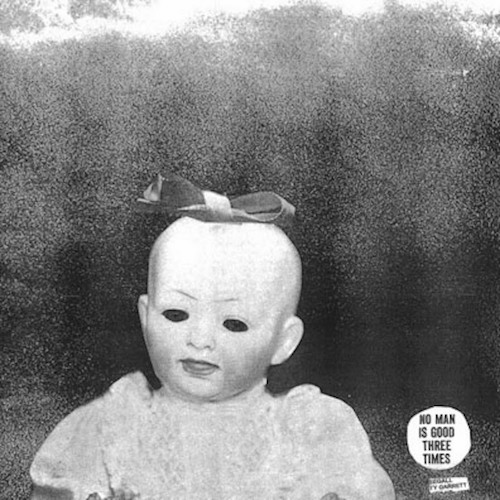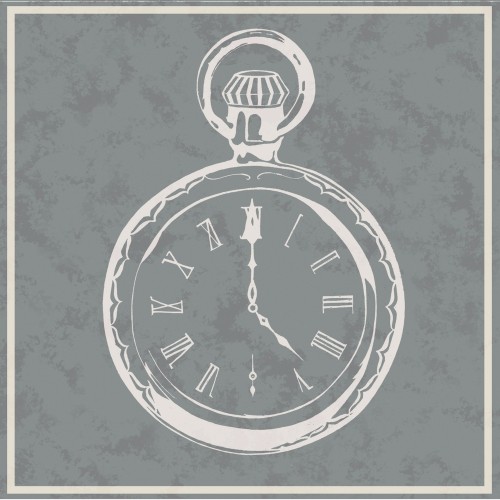 Release Date: June 20, 2011
Release Date: June 20, 2011





There are a multitude of inspirational musicians in each generation, but only a few hold a candle to this millennium’s leader, Patrick Wolf. His voice, presence and message speak to many and meld the feeling of hope and forward momentum in droves. With such a cavalcade of awe-inspiring work out there, it’s hard to believe that Lupercalia is a less than impressionistic album compared to his earlier works.
Wolf has immense talent swinging from his belt, there is no doubt about that. He is this era’s Elton John. He speaks truth through his music and his message is inspiring. But following one of his finer albums, The Bachelor, his latest installment falls short of its mark. As the album fleshes out, it is beautiful in many respects but lacks a certain “punch in the face” excitement that his early accomplishments hold. But before Wolf is broken down, some facts need to be taken into consideration that reveal and help make Lupercalia a great album, even though it may not stack up.
Originally, Wolf wanted to release The Bachelor and Lupercalia as a double album. He opted out of that idea and released them separately, stating that it would be better for his fans to take them in one at a time. And for the most part, he’s right: it is better that way. Both albums comprise a night and day scenario when it comes to the style of music. The Bachelor is powerful and loud and just outright kicks ass. If it needed a ‘stache rating right now, it would easily get a four. But this isn’t about what should’ve been or what could be, this is about Lupercalia.
It is a melodic album. It showcases Wolf’s near perfect voice and has a caliber of institution that is second to none. The album title refers to the Lupercalia festival, known historically as an ancient fertility and love festival that the Romans celebrated in ancient times and was a precursor to Valentine’s Day.
More or less, this album is Wolf’s take on love—and an interesting one at that.
One single from the album is “House.” It is upbeat and draws some energy from its almost companion album, The Bachelor. Wolf sings of contentment at home with a lover where he refers to Thomas Hardy’s novel Return of the Native in the chorus. He also mentions poets William Butler Yeats and Dylan Thomas in the second verse, taking from native tongues to outlet his feelings. Wolf repeats, “It’s the greatest peace I’ve ever known” and it shows in his delivery, coupled with a dynamic drumbeat.
There are a handful of “soaring” ballads on Lupercalia, to wit “Slow Motion” being an excellent example. Though Wolf has no issues wearing his heart on his sleeve on this album. The song is entirely too epic, for lack of better words. It comes off overly dramatic, and, coupled with a Native American backing and some synthetic beats, lacks any true depth. It’s almost too much to take in at one time.
The album goes back and forth. Though there is top-notch music coming from Lupercalia, like “Time of My Life,” which is graciously upbeat, it doesn’t stack up to its fraternal twin, The Bachelor. It’s impossible not to keep touching back to his fourth album. He would have been better off trusting his fans’ ability to take in something so grand and released them together. Patrick Wolf has the makings of a timeless headpiece for his fans and just needs to let loose the floodgates and let it all out.
Patrick Wolf – Lupercalia Tracklist:
- “The City”
- “House”
- “Bermondsey Street”
- “The Future”
- “Armistice”
- “William”
- “Time of My Life”
- “The Days”
- “Slow Motion”
- “Together”
- “The Falcons”


